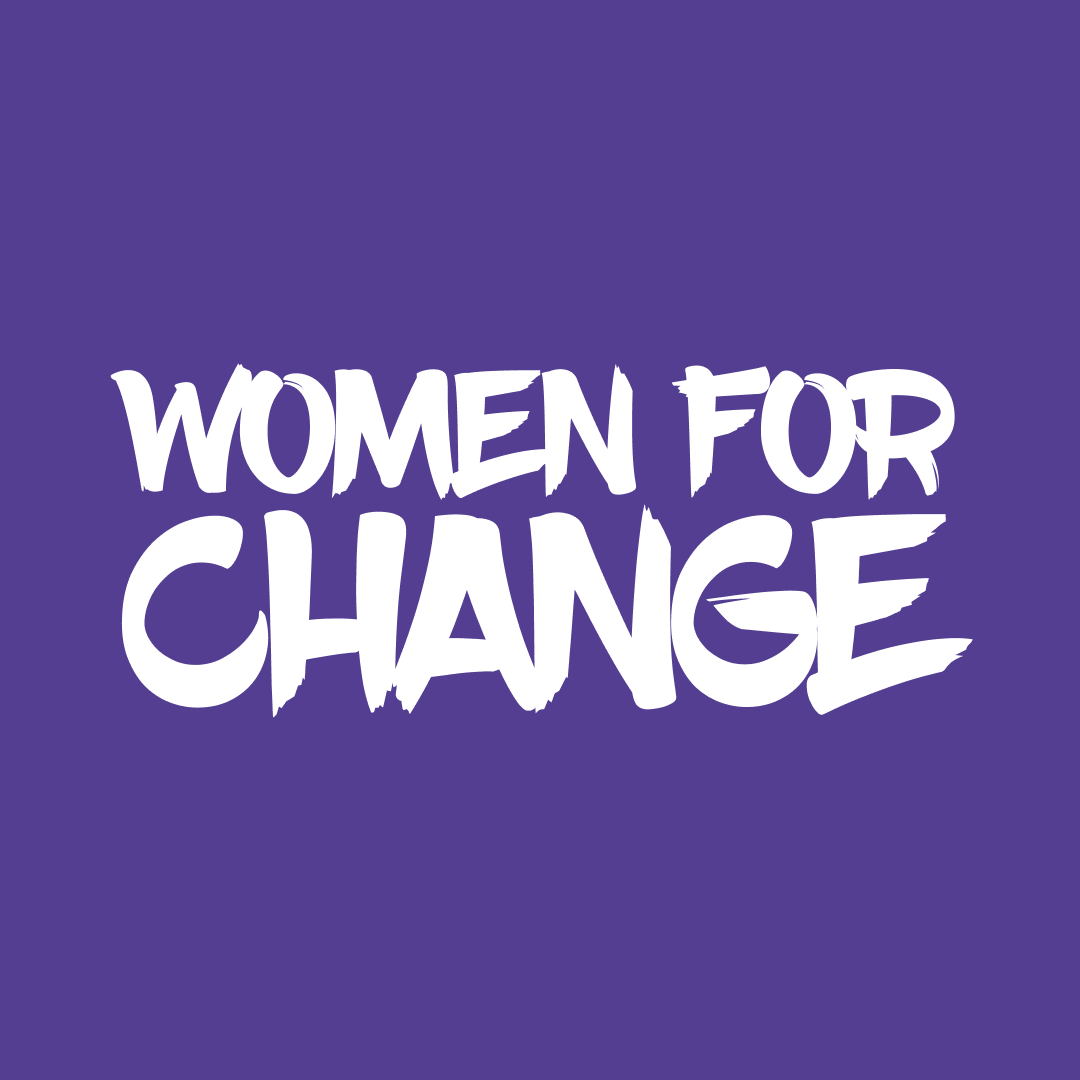

We Have the Right to Vote!
As we all look to scrub off the indelible mark left on our left thumb after voting in South Africa’s general elections on the 29th of May – touted as one of the most important elections since apartheid, an election that could be historic - we are left with a feeling of having done our civic duty, perhaps some of us even have a sense of pride.
Voting is a right we all share, one that is entrenched in our Bill of Rights under Section 19, which sets out as follows –
“Political rights 19. (1) Every citizen is free to make political choices, which includes the right— (a) to form a political party; (b) to participate in the activities of, or recruit members for, a political party; and (c) to campaign for a political party or cause. (2) Every citizen has the right to free, fair, and regular elections for any legislative body established in terms of the Constitution. (3) Every adult citizen has the right— (a) to vote in elections for any legislative body established in terms of the Constitution, and to do so in secret; and (b) to stand for public office and, if elected, to hold office.”
But it wasn’t always the case.
Elections in pre-1994 South Africa
It’s not a pleasant topic to think about but one worthwhile remembering for the very fact that every South African now enjoys the absolute right to vote.
It’s unfathomable to think that pre-1994 elections, the majority of South African’s were unable to vote. But that was the reality. There are specifically two historical occurrences which saw this unthinkable become a reality.
Top of Form
Bottom of Form
The South Africa Act of 1909 that unified the British colonies of the Cape Colony, Natal, Transvaal, and Orange River was passed by the British Parliament in 1909 and served as the Union’s constitution. The Act created a parliamentary government like the Westminster model and consisted of a directly elected House of Assembly and an indirectly elected Senate.
According to Britannica, the Act was the work of white delegates (who represented white electorates, less than one-fifth of the population of the new country) to a national convention. Indigenous Black African, Coloured, and Asian representatives were excluded from the process. Permission to vote was largely restricted to White men. The Orange Free State (formerly the Orange River Colony) and the Transvaal denied all Black people the right to vote. In Natal, nearly all Black people were not allowed to vote. According to South African History Online, in the Cape Province, an important number of Black and Coloured men were allowed to vote under a "colour-blind" permission based on property requirements. However, only white men could be elected to Parliament.
Fast forward a couple of years when the National Party stepped in – after winning the national election a couple of times the National Party had gained control over the state with increasing majority. As such, in the form of Parliament they were able to remove all Coloured voters from the common voters’ rolls in 1956. By 1969 the electorate was exclusively white: Indian people never had any parliamentary representation, and the seats for white representatives of Black people and Coloured people had been abolished.
The overwhelming fact from the above? From 1909 until 1994 the majority of people within South Africa – everyone that was not white - were disallowed from voting, whether that was under the South African Act or later under the apartheid regime.
But at midnight on 27 April 1994 the last “oranje-blanje-blou” flag (as it was commonly called) was lowered in South Africa, heralding the end of four decades of apartheid. Mandela’s liberation movement brought about a new era in South Africa, bringing with it freedom and equality for all of South Africa’s citizens – regardless of colour.
Elections in post-1994 South Africa
Voting is (now) a right we all possess regardless of race, gender, sex, pregnancy, marital status, ethnic or social origin, colour, sexual orientation, age, disability, religion, conscience, belief, culture, language, or birth. It is entrenched in our Constitution and protected under our Bill of Rights.
The only thing that can restrict or qualify your right to vote is the requirement that the person voting must be a registered voter.Unlike the 1994 election, which didn’t have a voters' roll, the Final Constitution contemplated an electoral system based on the national common voters' roll for the election of the National Assembly.
The Electoral Act 73 of 1998 creates an environment for free and fair elections of the national and provincial legislatures. The Electoral Act acts as the blueprint for elections and although it doesn’t define a free and fair election, compliance with its provisions results in elections that can be honestly regarded as free and fair.
The Electoral Act ensures that all South African citizens whose names appear on the voters' roll have the right to vote. The compilation of the national common voters' roll by the chief electoral officer requires a voter registration process. Any South African citizen in possession of an ID may apply for registration as a voter.
In the question of whether prisoners are allowed to vote, this matter was visited prior to the 1999 and 2004 elections. Essentially, the argument boils down to this – a citizen cannot be disenfranchised. This is supported by the matter of August v Electoral Commission1999 (3) SA 1 (CC), 1999 (4) BCLR 363 (CC), where the Constitutional Court held that prisoners were not excluded from voting by the provisions of s 8(2) of the Electoral Act, and were entitled to register as voters as they could not be disenfranchised.
In this same vein and in a way to summarise the right to vote, we reference the matter of Haig v Canada 105 DLR (4th) 577, 613 (SCC)wherein it was set out as follows –
“All forms of democratic government are founded on the right to vote. Without that right, democracy cannot exist. The marking of a ballot is the mark of distinction of citizens of a democracy. It is the proud badge of freedom. While the Charter guarantees certain electoral rights, the right to vote is generally granted and defined by statute. That statutory right is so fundamental that a broad and liberal interpretation must be given to it. Every reasonable effort should be made to enfranchise citizens. Conversely, every care should be taken to guard against disenfranchisement.”
This bears repeating – the right to vote is fundamental. It is the backbone of a democratic society. Without it, democracy cannot exist. And South Africa is nothing if it isn’t one of the most democratic countries in the world.
So, perhaps it’s with a sense of pride that we cast our votes. Not just a sense of civic duty. Perhaps we stand in the voting lines because it’s a hard fought for right, one which we shouldn’t take for granted. Perhaps we wear the indelible mark as a sign of our strength as a nation to invoke change. Because democracy is, as James Bovard said, “more than two wolves and a sheep voting on what to have for dinner.” It’s more than just a mark on a ballot. It’s a right to be heard, a right to have an impact and a right to matter within the political happenings of the Republic within which we reside, and the country which we love.
The fact that we are all able to vote, well that’s not something to turn our noses up at.
Whether you chose to exercise that right or not, well that too is your choice, and a right you get to exercise.
If you have any questions about the information we have set out above or have a personal issue which you want to discuss with us, please don’t hesitate to contact usat NVDB Attorneys.
We are a law firm that considers honesty to be core to our business. We are a law firm that will provide you with clear advice and smart strategies - always keeping your best interests at heart!
(Sources used and to whom we give thanks – South African History Online; Britannica here and here; Ace Project; Constitutional Law of South Africa; ).




